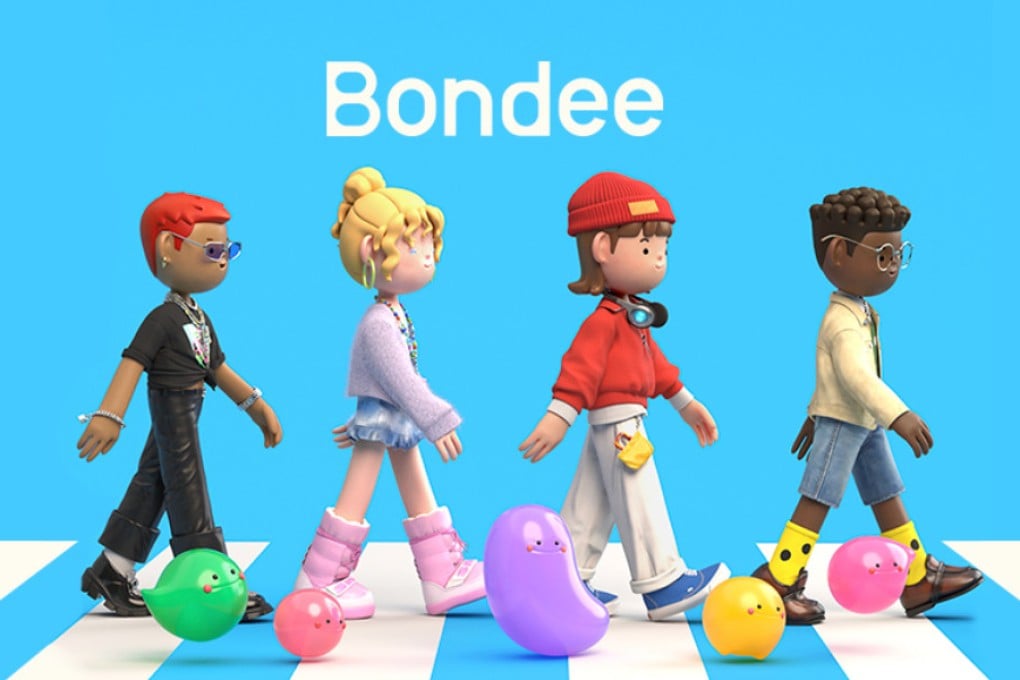Advertisement
Is it already ‘game over’ in the metaverse for Bondee, Singapore’s avatar-based app?
- After garnering two million downloads within two weeks of its launch, Bondee’s Gen Z users have got past the novelty factor
- Bondee’s is a story of social media hype punctured by a sharp truth that the loyalty of digital natives is hard-earned, experts say
Reading Time:5 minutes
Why you can trust SCMP

The rise of Singapore-based metaverse newcomer Bondee was impressive: two million downloads within two weeks of its launch on Apple’s App Store.
But that initial hype was short-lived as Singapore’s social media users quickly dropped the home-grown avatar-based app, retreating from yet another attempt by makers of the metaverse to capture the long-term loyalty of Gen Z in Southeast Asia.
Yet Bondee’s moment in the sun may reveal the challenges that the region’s metaverse developers face, experts say, with none so far hooking a crowd large enough to trouble social media giants, such as Meta which has ploughed billions of dollars into the digital future.
Advertisement
Bondee’s early adopters in Singapore were initially pulled in by the “cute” avatars, personalised rooms and picnic spaces, reminiscent of games like Habbo Hotel that many millennials dabbled in as teens.
With shades of the Nintendo game Animal Crossing, which took the online world by storm during Covid lockdowns in 2020, Bondee allows users to personalise avatars and bedrooms that friends can visit.
Advertisement
Friends are capped at 50 by the app’s Singapore-based creators Metadream, in an effort to keep the community tight, relevant and connected.
Advertisement
Select Voice
Choose your listening speed
Get through articles 2x faster
1.25x
250 WPM
Slow
Average
Fast
1.25x